Search Result List
Applicable Programs 全58programs
-
Platelet replacement therapy(Clinique Haru Osaka-Umeda)
K619-1 Orthopedic Surgery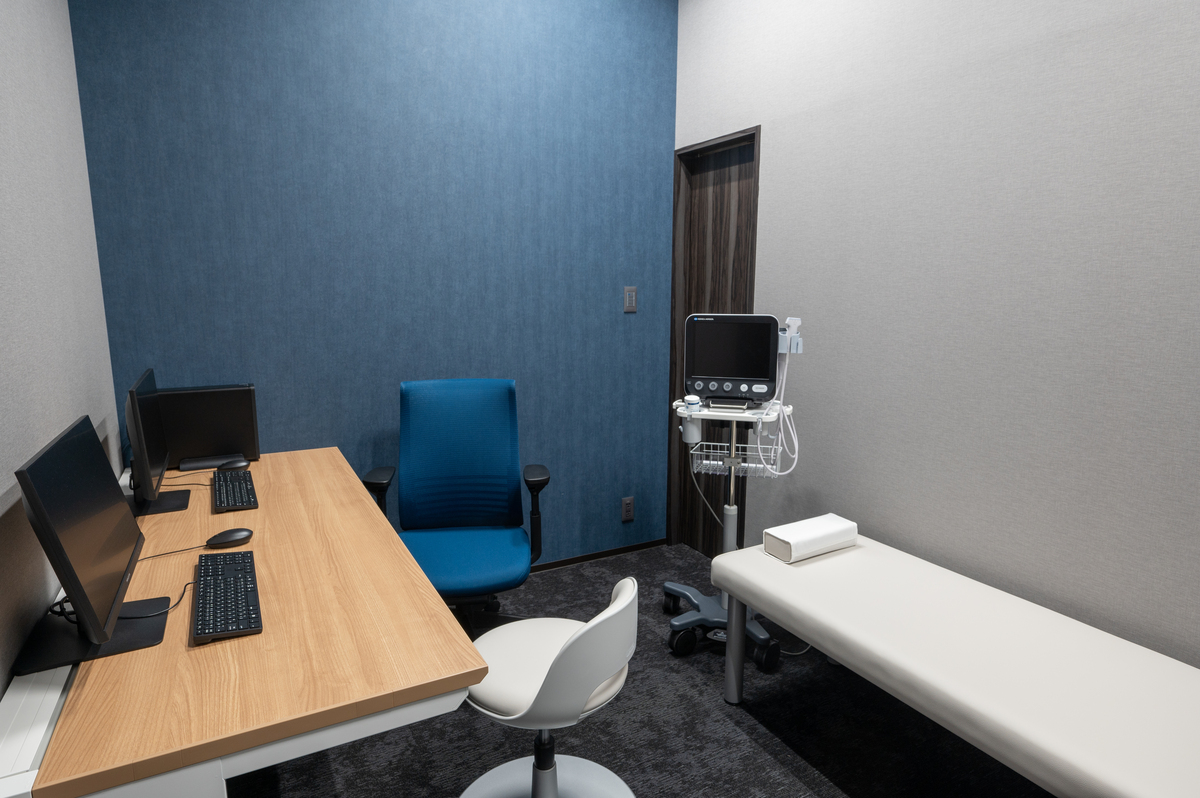
Examining room
Joint regeneration therapy by injection withoutexcision.
Our clinic is ideally located just a short walk from Osaka Station (Umeda Station) on various lines. We are directly connected to the Hanshin Department Store, only a 3-minute walk from JR Osaka Station, a 1-minute walk from Osaka Metro Midosuji Line Umeda Station, a 1-minute walk from Hanshin Electric Railway Osaka Umeda Station, and a 7-minute walk from Hankyu Osaka Umeda Station.
To ensure ample consultation time for each patient, we operate on an appointment-only basis.Clinique Haru Osaka-Umeda
(Kinki/Osaka) -
Prevention of Transient Ischemic Attack (TIA)【Kishiwada Tokushukai Hospital】
surgery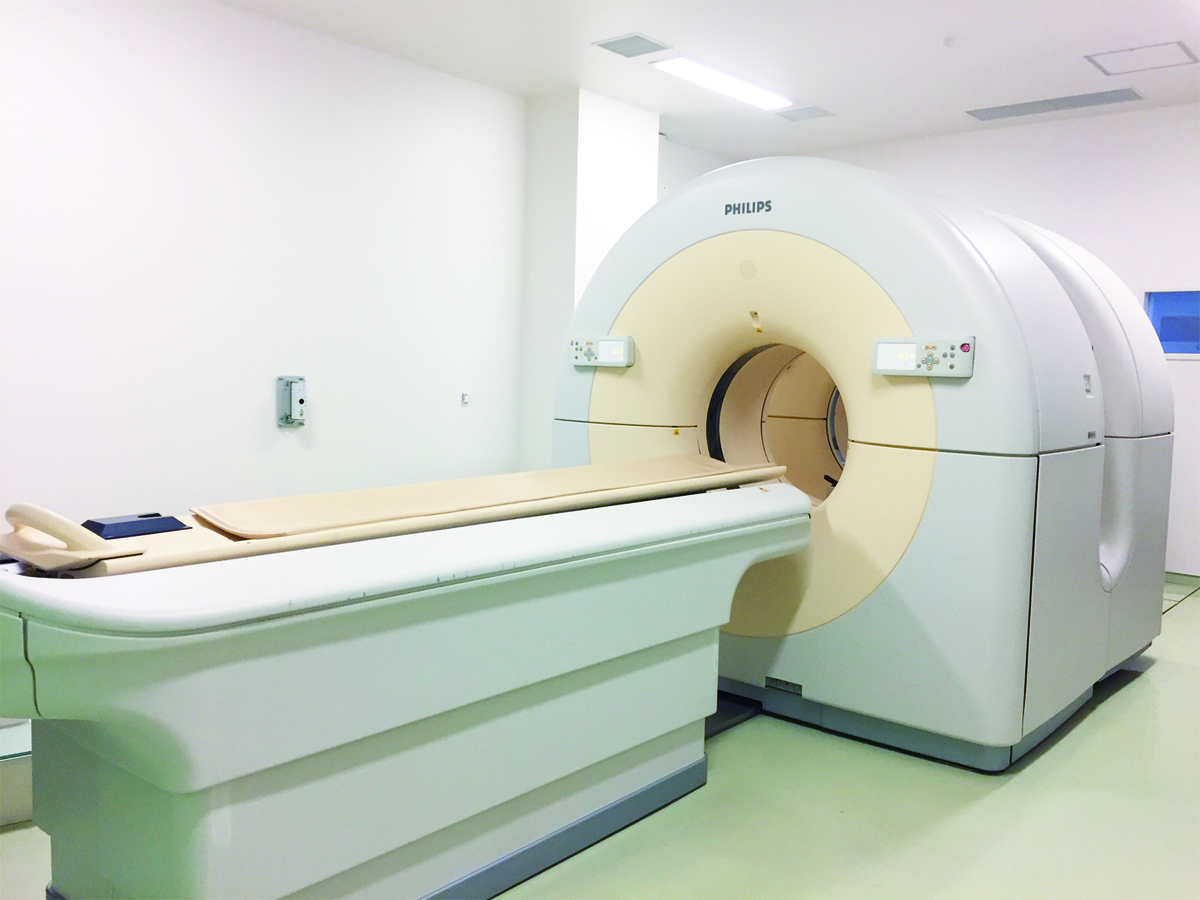
Prevention of Transient Ischemic Attack (TIA)
Ensuring Safety Through Early TreatmentTransient ischemic attack (TIA) is a warning sign of cerebral infarction. Early detection and treatment of cervical and cerebral vascular stenosis are performed to prevent cerebral infarction through bypass surgery or stent placement.Kishiwada Tokushukai Hospital
(Kinki/Osaka) -
Treatment of Idiopathic Normal Pressure Hydrocephalus (iNPH)【Kishiwada Tokushukai Hospital】
surgery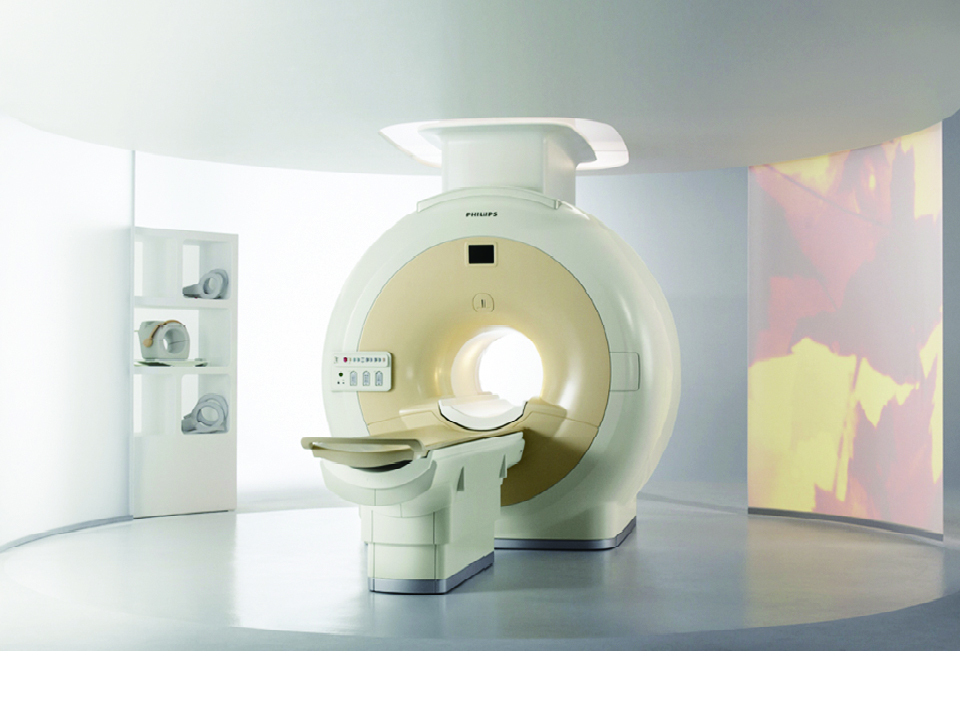
It is a treatable form of dementia that can be improved with surgery.
Idiopathic Normal Pressure Hydrocephalus (iNPH) is a treatable form of dementia that can be improved with surgery. Shunt surgery is performed to regulate cerebrospinal fluid flow, aiming to improve gait and cognitive function.Kishiwada Tokushukai Hospital
(Kinki/Osaka) -
Combination therapy of intra-articular administration of APS and extracorporeal shock wave therapy (Medical Corporation N Clinic)
Orthopedic SurgeryRegenerative medicine, Sports injuries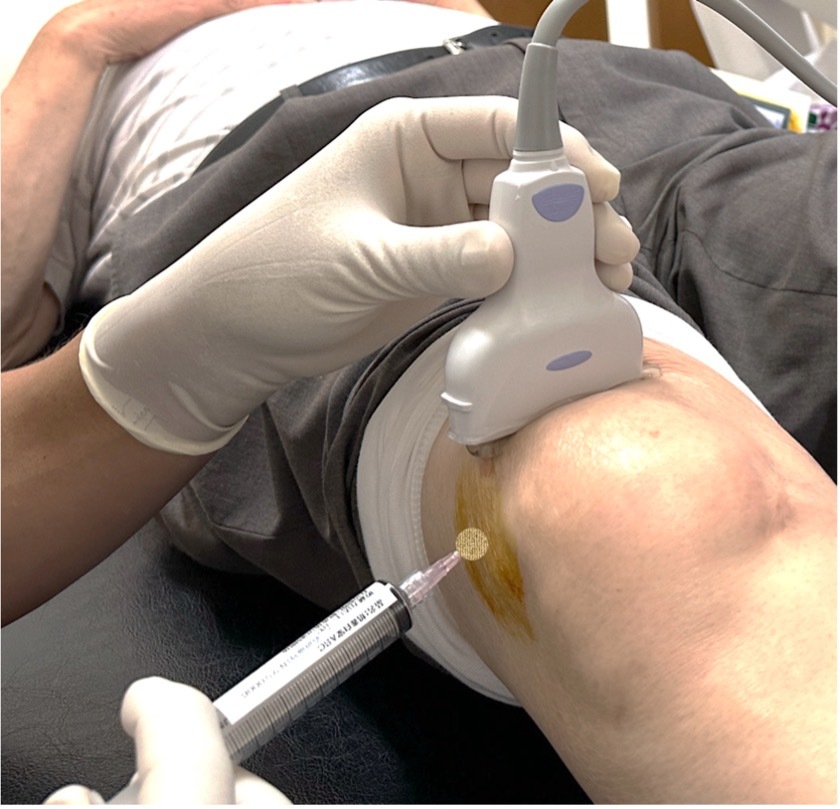
Intra-articular administration of APS
Intra-articular administration of APS combined with extracorporeal shock wave therapy
N clinic
(Kinki/Osaka) -
Chronic Subdural Hematoma Treatment【Kishiwada Tokushukai Hospital】
surgery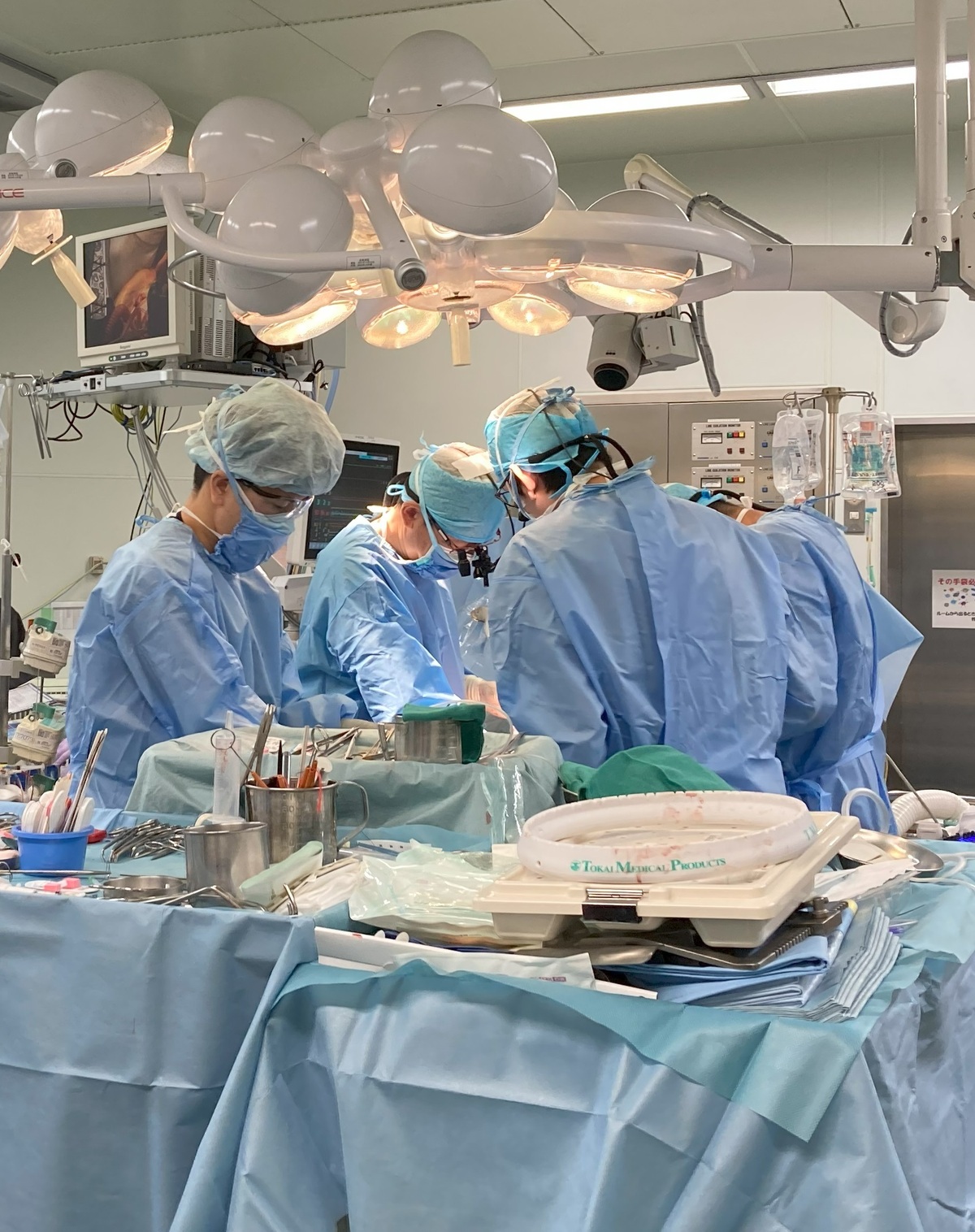
Even Minor Head Injuries Require Attention
Early Treatment to Remove HematomasChronic subdural hematoma, which can develop even from a minor head injury, is treated promptly and safely with hematoma removal surgery under local anesthesia. Early detection and treatment aim to improve symptoms.Kishiwada Tokushukai Hospital
(Kinki/Osaka) -
Combination therapy of intraosseous injection of stem cells with extracorporeal shock wave therapy (Medical Corporation N Clinic)
Orthopedic SurgeryRegenerative medicine, Sports injuries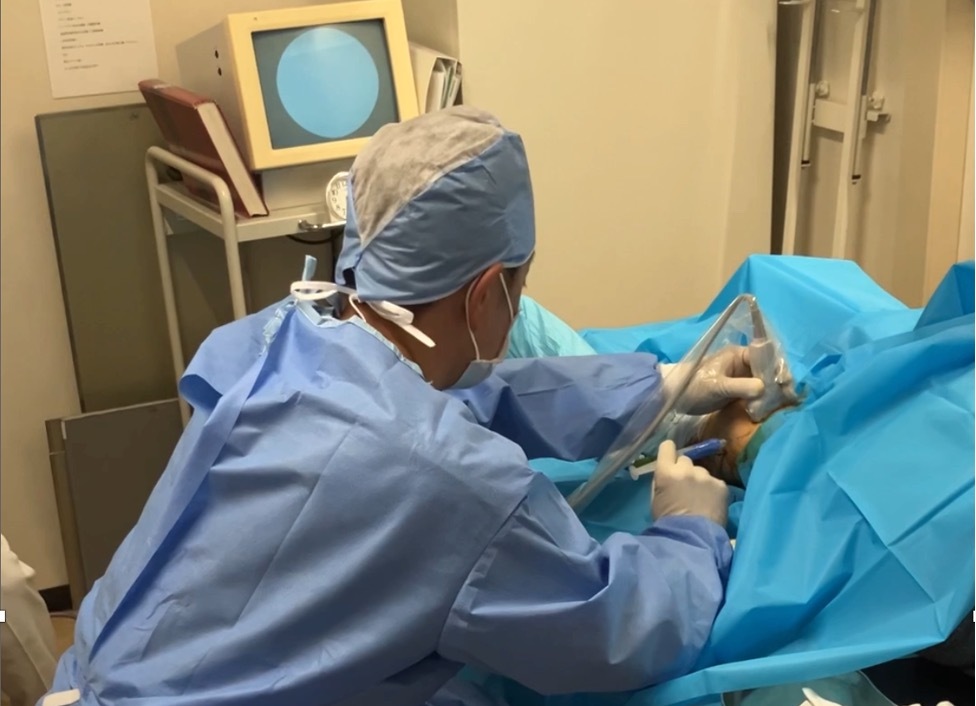
Intra-articular and intra-bone administration of stem cells
Combination therapy of intra-articular and intraosseous administration of stem cells and extracorporeal shock wave therapy
Stem cell therapy using a new administration route for knee osteoarthritis (first in Japan)N clinic
(Kinki/Osaka) -
Treatment for Trigeminal Neuralgia and Hemifacial Spasm 【Kishiwada Tokushukai Hospital】
surgery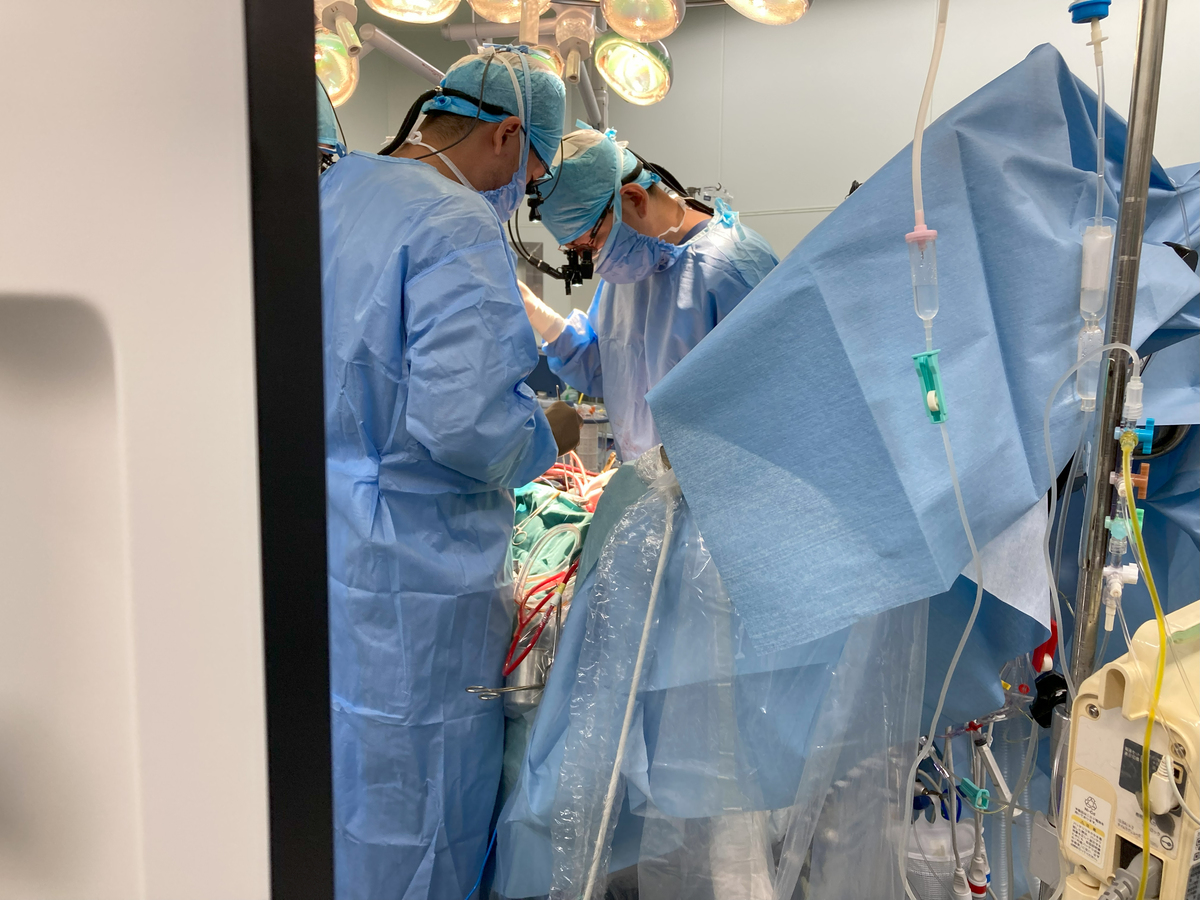
Relieve Facial Pain and Spasms
Eliminate Nerve and Vascular Compression
Trigeminal neuralgia and hemifacial spasm are caused by contact between nerves and blood vessels. Microvascular decompression surgery can fundamentally alleviate severe pain and spasms.Kishiwada Tokushukai Hospital
(Kinki/Osaka) -
RobotAssisted Surgery (Colon Cancer and Rectal Cancer)【Kishiwada Tokushukai Hospital】
surgery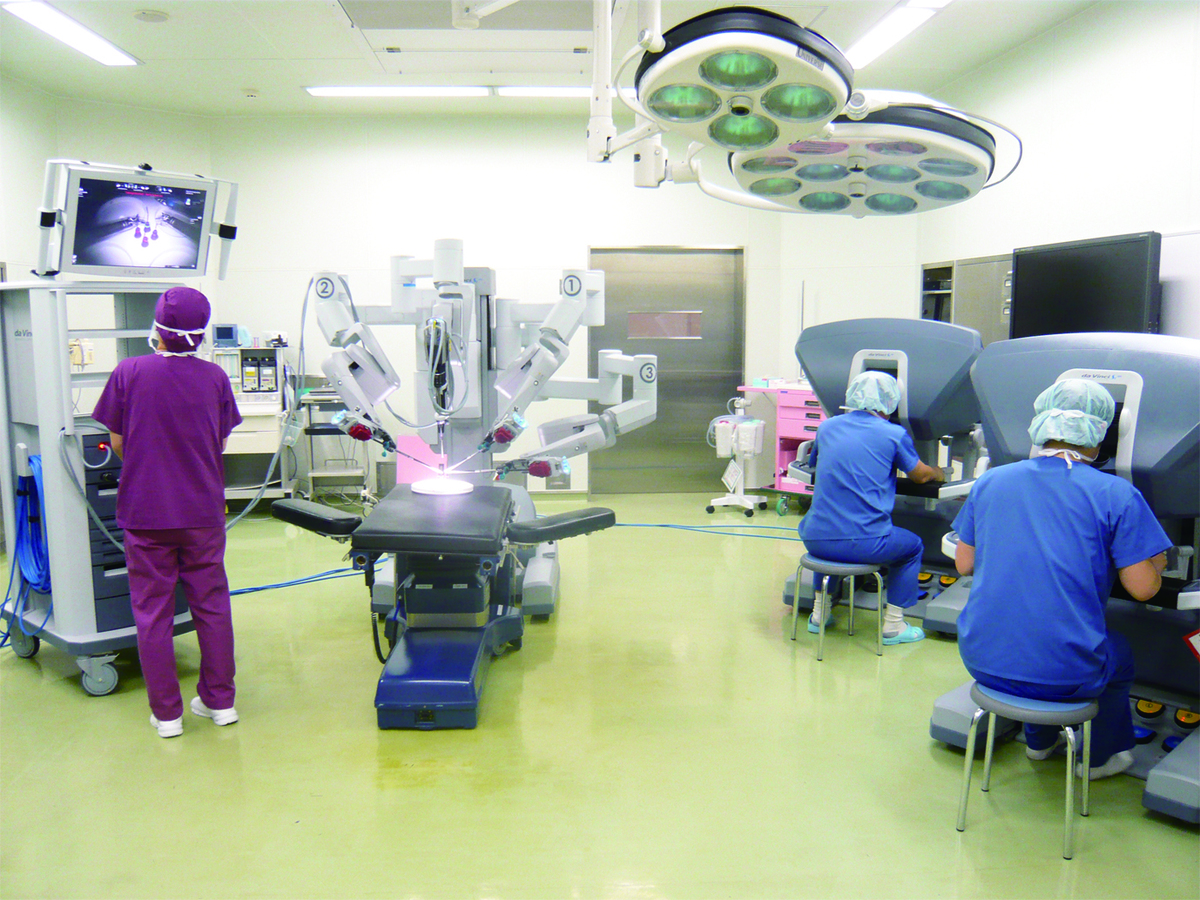
Advanced RobotAssisted Technology for Colon and Rectal Cancer Treatment
Our robotassisted surgeries utilize the latest Da Vinci Xi system to provide minimally invasive, safe, and precise treatment for colon and rectal cancers.Kishiwada Tokushukai Hospital
(Kinki/Osaka) -
Laparoscopic Surgery (Gastrointestinal Diseases)【Kishiwada Tokushukai Hospital】
surgery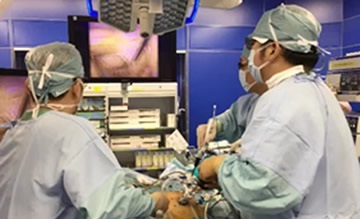
We provide precise laparoscopic surgery with minimal invasiveness and reduced patient burden.
Laparoscopic surgery minimizes the burden on the body with small incisions and enables precise procedures through magnified visualization. It is applicable for a wide range of conditions, including colorectal cancer and acute appendicitis.Kishiwada Tokushukai Hospital
(Kinki/Osaka) -
Chemotherapy for Unresectable Colorectal Cancer 【Kishiwada Tokushukai Hospital】
surgery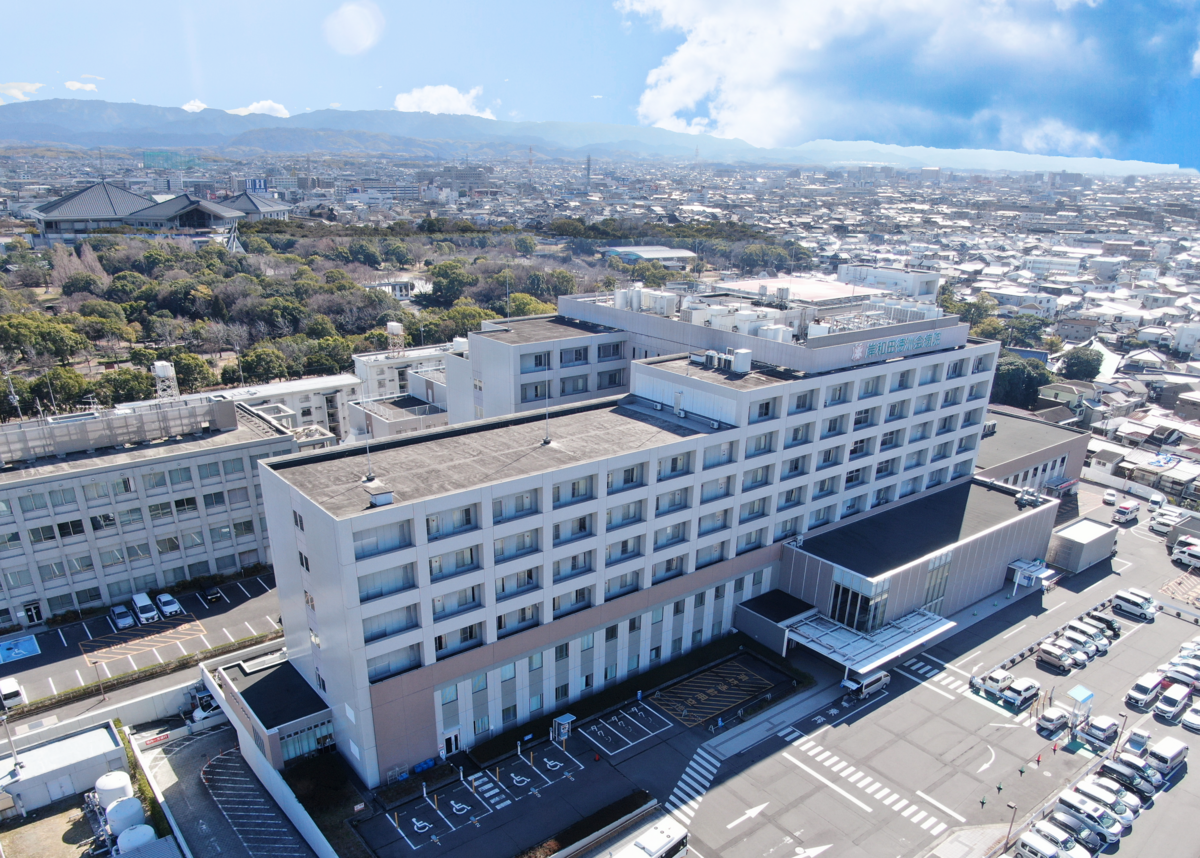
Tackling Unresectable Colorectal Cancer
Paving the Way to Cure with ChemotherapyFor colorectal cancer diagnosed as unresectable, systemic chemotherapy aims to shrink the tumor, expand the possibilities for curative surgery, and provide care that prioritizes quality of life (QOL).Kishiwada Tokushukai Hospital
(Kinki/Osaka)
